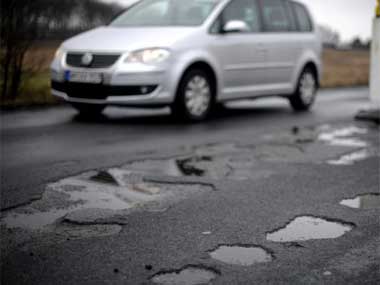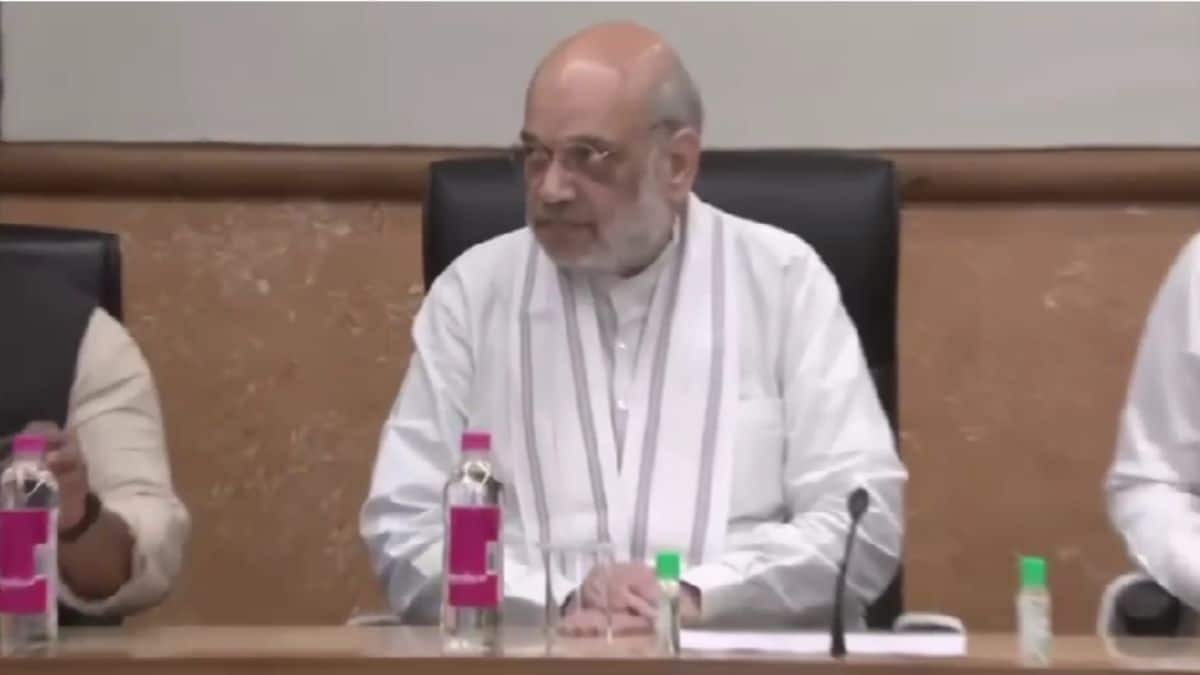By Alison Saldanha As India’s fifth-largest city and technology capital battles
flooding, a sea of
potholes, uncleared
garbage and
unfinished projects, the municipal corporation’s unpaid bills rose 7706% over four years and–six months into 2017–no more than 3.6 percent of its budget for new projects was spent, according to an IndiaSpend analysis of data released by Janaagraha, a think-tank. Since 2013-14, Bruhat Bengaluru Mahanagara Palike’s (BBMP’s) pending bills—for projects begun in previous years—grew 76 times, from Rs 15 crore to Rs 1,171 crore, according to Janaagraha’s Budget Performance Report H1 of the BBMP, released on 24 October, 2017. This backlog in payments includes bills for capital works, or works that involve creation of civic infrastructure for the city, such as building roads and drains and maintenance of existing infrastructure. Source: Janaagraha’s Budget Performance Report H1 of the BBMP “The problem of pending bills in the BBMP has been steadily growing and this is not a good sign,” Sapna Karim, head of civic participation at the Janaagraha Centre for Citizenship and Democracy, told IndiaSpend. “It shows the corporation’s increasing inability to execute and clear works within a financial year, leading to a growing problem of pending payments over years as the data show.” The BBMP acknowledged the problem, but argued that a pending-bills backlog had been cut by nine months. “The situation of pending bills has actually improved since 2016-17 when we had a backlog of bills with a pendency of 27 months,” Manoj Rajan, BBMP special commissioner (finance), told IndiaSpend. “Since then, we have been working hard to ensure the BBMP has good financial management: We have so far managed to bring down the pendency of bills to 18 months, which is a significant achievement.” “Through efficient property tax collection, prompt work on outstanding bills, we are working determinedly towards fixing it (the problem of pending bills) and reducing its further impact on the city’s finances,” Rajan said. With a population of 8.4 million, according to the 2011 census, Bengaluru is India’s fastest growing metropolitan city. An estimated 756 people were added to the population every day between 2001 and 2011, the latest census
data shows. To cope with this growth, experts said, the BBMP must get its planning and execution right. That does not appear to be happening. In six months, BBMP spent 3.9 percent of 2017 budget The municipal commissioner’s 2017-18
budget speech emphasised the completion of on-going projects and “strengthening and securing a strong foundation for the city’s future”. The BBMP has already spent Rs 1,198 crore—more than the 2017 budget (Rs 1,171 crore)—to clear pending bills, even as its spending on new projects and projects from previous years lags. Over six months, up to 30 September, 2017, the corporation has spent Rs 177 crore of Rs 4,482 crore earmarked for new projects. Source: Janaagraha’s Budget Performance Report H1 of the BBMP Similarly, the corporation has yet to spend nearly 70 percent of the budget set aside to finish projects started in previous years. Such financial problems may lead to more pending bills the next year, if work orders and payments are not issued before 31 March, 2018. “While it’s a good sign the BBMP has focused on clearing pending bills this year as that takes care of a significant backlog, this comes with caveats,” said Karim. “The corporation must now ensure it executes and clears works budgeted for the current year so as to avoid another situation of bills pending the next year.” The BBMP said funding delays from the state government set off a cascade of delays. New capital works, such as building bridges, “tend to take time” because multiple processes—from creating a project report to floating a tender and commissioning—are involved, said special commissioner Rajan. “Since the BBMP gets a lot of its funds from the Karnataka government, if there are delays in receiving funds, this may affect commissioning of works,” he said.
A protest on 29 October, 2017, at the unfinished Hennur Road flyover in Bengaluru, under construction for eight years. “Only half the year is through and we still have some time to let these processes play out. We are optimistic that most budgeted works should be cleared by February-March 2018 before the fiscal year-end,” Rajan said. <img src="http://www.indiaspend.com/wp-content/uploads/protest_620.jpeg?im=FitAndFill=(596,336)" alt="protest_620" />
As India’s fifth-largest city and technology capital battles flooding, a sea of potholes, uncleared garbage and unfinished projects, the municipal corporation’s unpaid bills rose 7706% over four years and–six months into 2017–no more than 3.6 percent of its budget for new projects was spent, according to an IndiaSpend analysis of data released by Janaagraha, a think-tank. Since 2013-14, Bruhat Bengaluru Mahanagara Palike’s (BBMP’s) pending bills—for projects begun in previous years—grew 76 times, from Rs 15 crore to Rs 1,171 crore, according to Janaagraha’s Budget Performance Report H1 of the BBMP, released on 24 October, 2017.
Advertisement
End of Article


)

)
)
)
)
)
)
)
)



